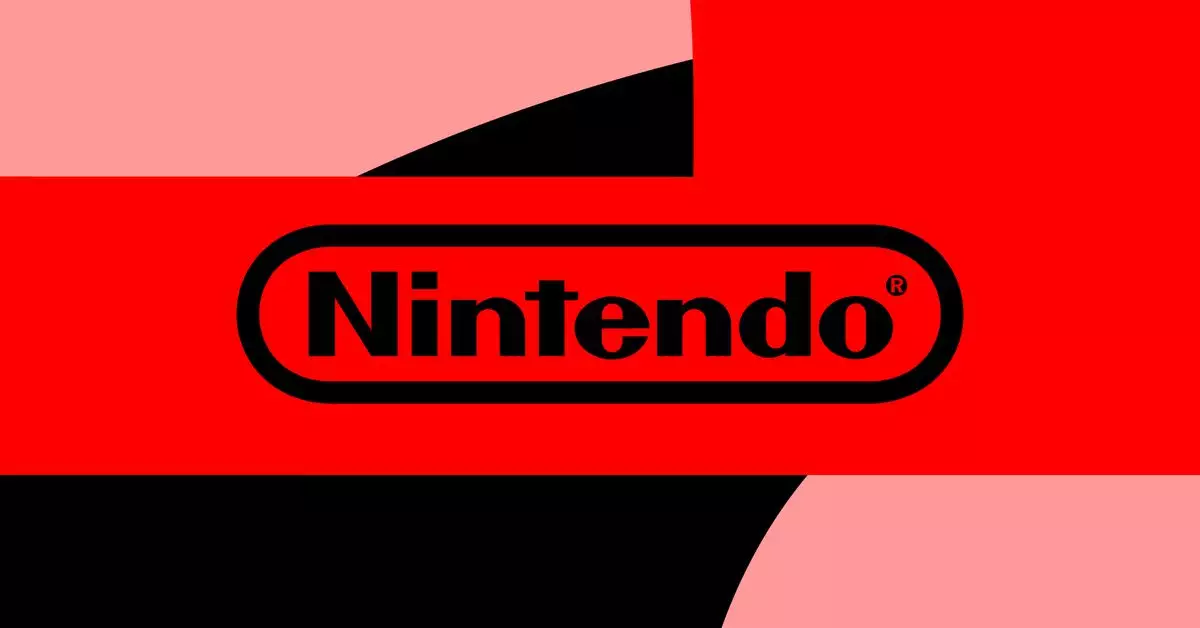As gamers eagerly await news of the successor to the Nintendo Switch, the company remains cryptic about specific details surrounding its next console. During a recent midyear policy briefing, Nintendo confirmed that its upcoming system will maintain compatibility with current Switch games and will allow users to transfer their Nintendo Switch Online services and accounts seamlessly. This reassurance is a vital element for many loyal Nintendo fans, as backward compatibility has become a crucial deciding factor in the purchasing of new consoles. Gamers have come to expect that their investments in software should not become obsolete with new hardware, a sentiment echoed across the industry but one that has been inconsistently addressed by console manufacturers.
Nintendo’s latest financial reports reveal intriguing details about the performance of the current Switch model. Over the past three months, the console shifted 4.72 million units, representing a significant drop of 31 percent year-on-year. Despite this decline, it is essential to put these figures into context—Nintendo Switch has achieved impressive cumulative sales of 146 million units since its launch. This remarkable feat paints the Switch not only as a bestseller for Nintendo but also signals its lasting impact in the gaming sector, particularly in terms of software sales, which have now reached an astounding 1.3 billion units as of September 30, 2024.
Additionally, Nintendo reported a slight decrease in Switch Online subscriptions, which now total approximately 34 million. However, what stands out is the increase in subscriptions to the more expensive tier, which includes access to an expanded library of games. This shift in consumer behavior hints at a growing interest in additional content and a willingness to invest more in premium gaming experiences. It underscores a paradigm shift in how gaming services are perceived—transitioning from mere playability to robust ecosystems filled with diverse content.
The Backward Compatibility Debate
Backward compatibility remains a contentious topic among gamers and developers alike. While both Sony’s PlayStation 5 and Microsoft’s Xbox Series X have made strides in this area, Nintendo’s approach has been comparatively cautious. The transition from the Wii U to the Switch involved a significant alteration from discs to cartridges, which has complicated compatibility with older titles. Many gamers are left with a sense of uncertainty about accessing their beloved classics as they contemplate a new console generation.
Optimistic gamers often find themselves at the mercy of Nintendo’s decisions, hoping for remastered ports or additions to the Switch Online library. This has heightened the stakes for Nintendo’s next console. As the company prepares to unveil details about its new hardware, the emphasis on maintaining backward compatibility could prove vital for ensuring a smooth transition for gamers who have invested heavily in the current ecosystem. It would signal a commitment to player satisfaction that could help cement Nintendo’s position in a fiercely competitive market.
The issue of backward compatibility is not solely about consumer convenience; it intersects meaningfully with the critical topic of video game preservation. With a significant percentage of games released prior to 2010 being deemed “critically endangered” or unavailable for purchase, it is increasingly essential for companies to consider their role in preserving gaming history. The Video Game History Foundation has highlighted the alarming rates at which older titles become inaccessible, drawing attention to both an ethical obligation and an opportunity for companies like Nintendo.
Nintendo has made efforts to incorporate some of its extensive back catalog into the Switch ecosystem. Still, many titles remain locked away, unreachable for both nostalgic players and new gamers alike. As gaming continues to evolve, the preservation of its history should not be overlooked. The push towards making classic games available on modern platforms could foster a more enriched gaming landscape that values its history even as it embraces innovation.
As we look toward the future of gaming with Nintendo’s impending console release, it is vital to hope for a balance between innovation and respect for legacy. The gaming community awaits not only the technical specifications but also how Nintendo will address the pressing issues of backward compatibility and game preservation. For many, the forthcoming console represents more than just new hardware; it’s an opportunity to reinforce a connection with the rich history of gaming and ensure that beloved titles are celebrated rather than forgotten.


Leave a Reply